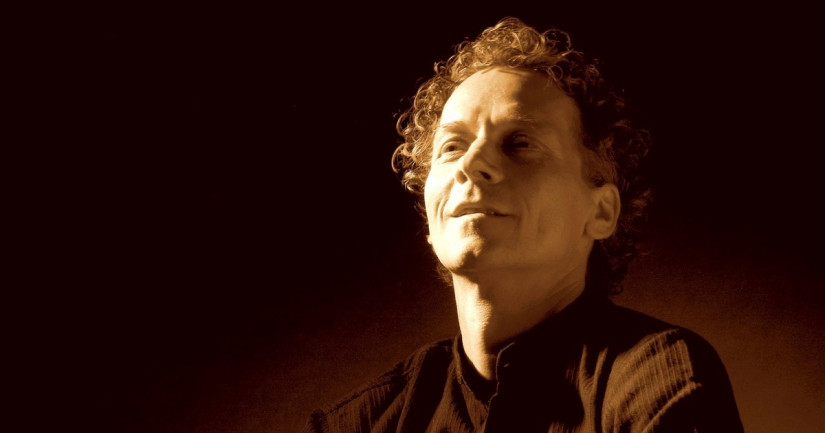Péter Szalai master class at the Jazz Department
The renowned tablā player’s course will focus on Indian music and percussion.
Title of the master class:
The importance of cyclical temporality and verbality in musical thinking
DAtes & Venue:
Thursday 19 October 2023, 14:00–16:00
Köztelek street building, Room 114
Participation option:
The master class is open to all students of the Liszt Academy and the Bartók Conservatoire, students of the Liszt Academy can receive credits for participation. Pre-registration is required with Andrea Borzi at borzi.andrea[at]zeneakademia.hu.

Péter Szalai is one of the most distinguished European-born tabla musicians of our time, working in the field of North Indian classical music.
Initially he studied with Anthony Das, a prominent exponent of the Delhi gharana (school), in Budapest and in India from 1982-1984. In 1979-1980, he also tried his hand in two ensembles, Creativ Stúdió Öt (CSÖ) led by Zoltán Krulik and Dimenzió led by László Dés. From 1980 he worked with the Calcutta Trio (András Kozma on sitar and András Molnár on piano), playing Indian classical music, and from 1984 in parallel with the Makam ensemble (he was also a founder member of the latter and played with it until 1991).
He is a regular guest at Indian music festivals, and apart from having given thousands of concerts as a member of the Calcutta Trio since 1980, he has been chosen as a partner by Indian musicians of outstanding quality in Europe since the 1990s. Debu Choudury, Nandkishor Muley, Gaurav Mazumdar, Shubhendra Rao.
In 1992, he formed Tin Tin as a duo with Szabolcs Szőke, joined the Tin Tin Quartet in 1994, and after a short break returned to the group in 1997, when he became Tin Tin Quintet.
In 2000, he collaborated with violinist Zoltán Lantos, jazz guitarist Gábor Juhász and his own student Iván Nyusztay in the formation of the Samsara Quartet, and in 2002 they released a record with this line-up.
He is currently a sought-after musician in various jazz and ethno and fusion productions, playing in versatile musical formations, including the Mitsoura Ensemble from 2003-2011, the Miklós Lukács Quintet from 2006, TrióM, the Rubái Trio, the Szabolcs Szőke Quintet and Méthode Traditionelle.
As a guest musician, he has performed with the Amadinda Percussion Group, the Dresch Quartet, Palya Bea and Ági Szalóki. He has appeared on albums by Peter Ogi, Palle Mikkelborg, Djabe and Tibor Szemző, among others.
He considers teaching at RIMPA (Ravi Shankar Institute for Music and Performing Arts) an important part of his work. He is vice-president of RIMPA.


